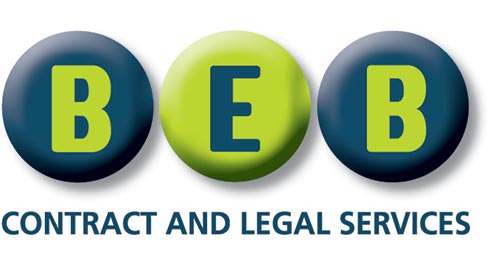Having a robust set of terms and conditions is not just a nice-to-have; it’s a must-have. However, the role of terms and conditions is so often overlooked by business owners. It is easy to see it as unnecessary until you face a client who just doesn’t want to pay, isn’t willing to fulfil their obligations, or finds a need to terminate a contract only to discover that you can’t.
Advantages of Having a Clear Set of Terms and Conditions
It is unavoidable that, at some point, you will face a situation (or have faced in the past) that could have been easily avoided – or, at least, managed – by having a robust set of terms and conditions. Among other things, they can help to:
- Limit your Liability – In the unfortunate event that something does go wrong, Terms and Conditions can help to limit your liability. By clearly laying out the extent of your responsibilities and how far or little they may stretch, you can avoid costly disputes or claims against you. It is not uncommon for business owners to limit their liability to the overall contract price or the amount paid under the contract in the preceding 12 months. This means that you never have to pay more than is reasonable in respect of any claim against you.
- Protection of Intellectual Property – It is never unwise to take measures to protect your intellectual property where you are providing deliverables or designs to a client. This could be by only transferring ownership to the client only where they have paid in full, or instead granting them a non-exclusive license. However, you may prefer to do this. Clearly stating what is owned by who helps to nip any unauthorised use of your intellectual property in the bud.
- Payment – Setting out your preferred payment terms means that you can control how and when you are paid. Knowing when payment will arrive, as well as taking steps to ensure it, is easier than ever to chase it when it doesn’t. It means no more anxiously waiting around or twiddling thumbs.
- Evidence and Avoiding Miscommunication: When both parties understand what is expected of them and the actions they will need to take in order to meet their obligations under a contract, it is far easier to avoid miscommunication and potential disputes. If confusion does arise, the role of terms and conditions can be handy. Terms being set out in writing means there will always be evidence of what was initially agreed.
If you feel you could benefit from new or updated terms and conditions, we at BEB can offer you the professional guidance you require. Get in touch with us at 01604 217365 or info@bebconsultancy.co.uk to receive personalised support tailored to your needs.

